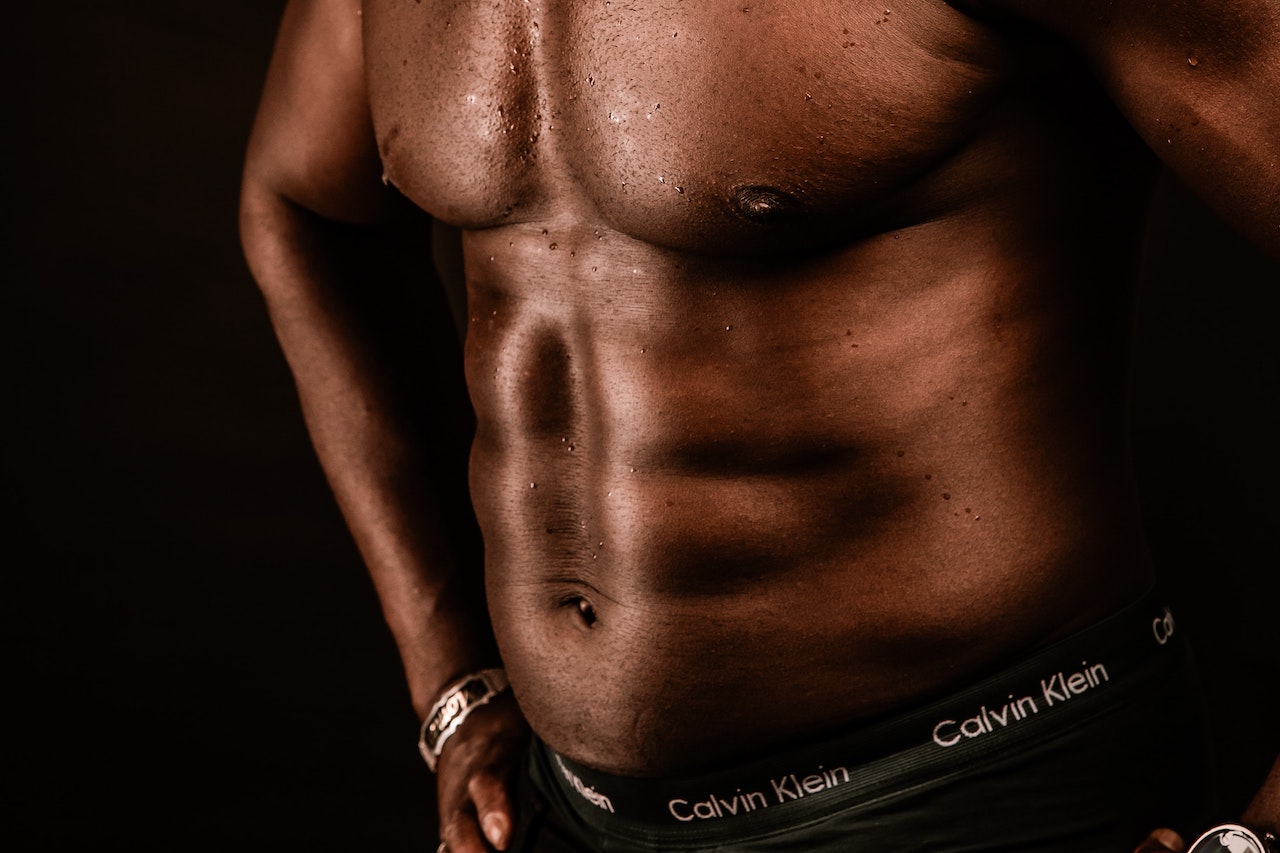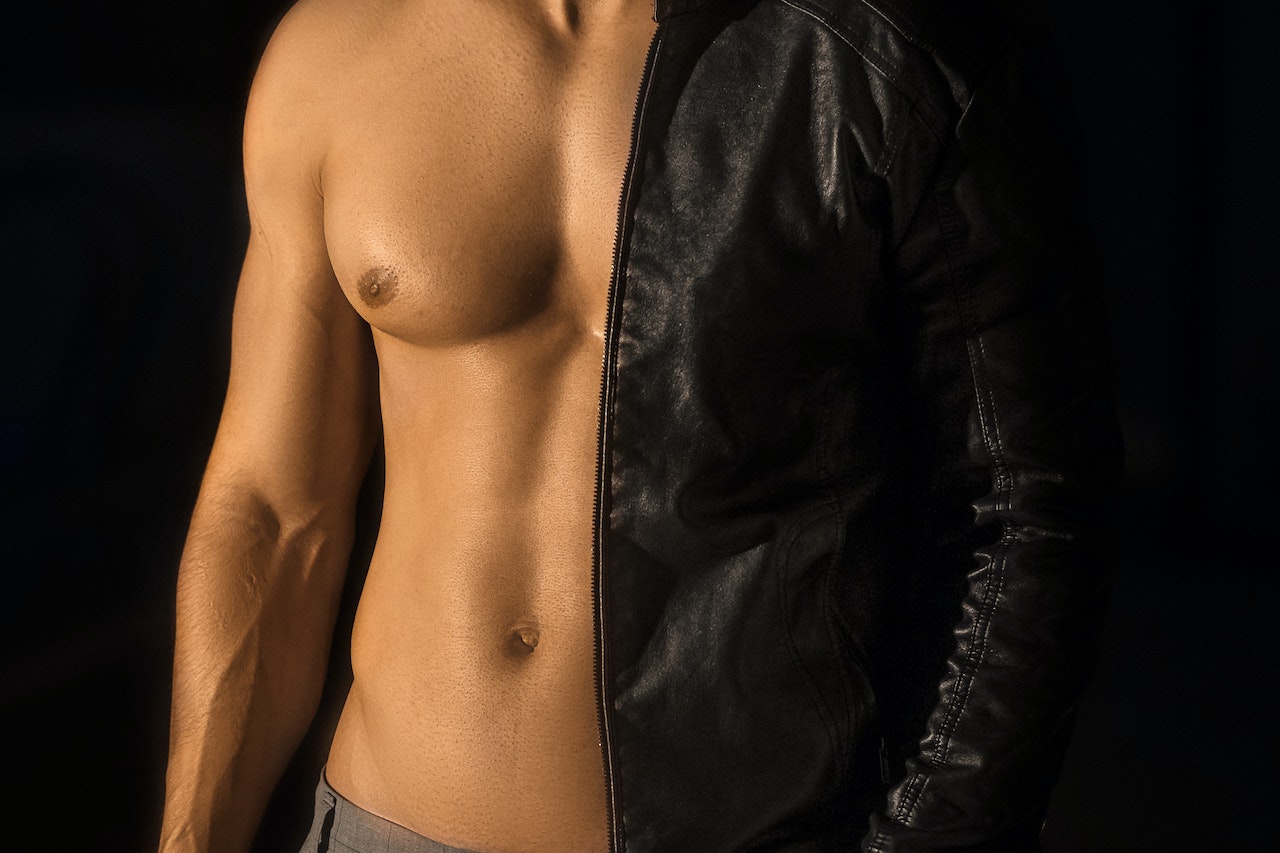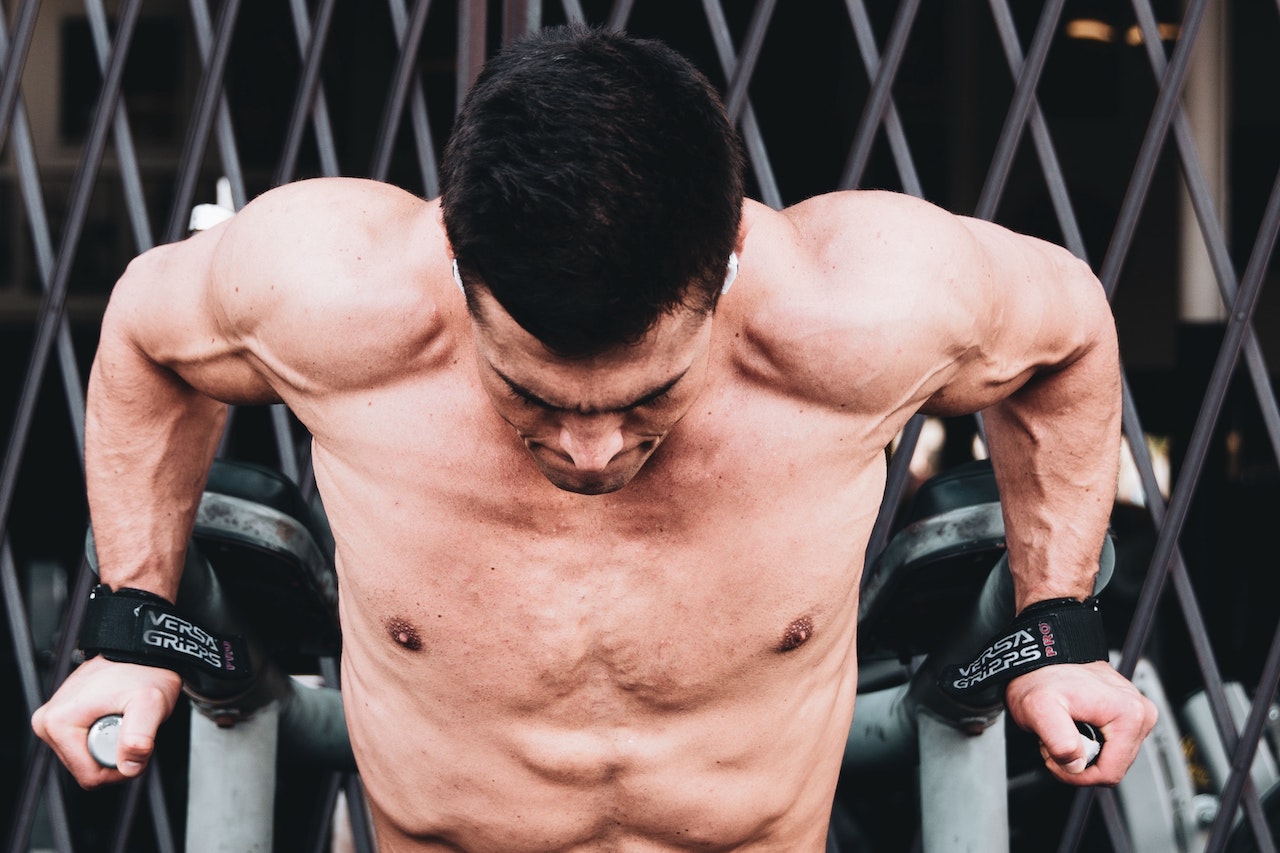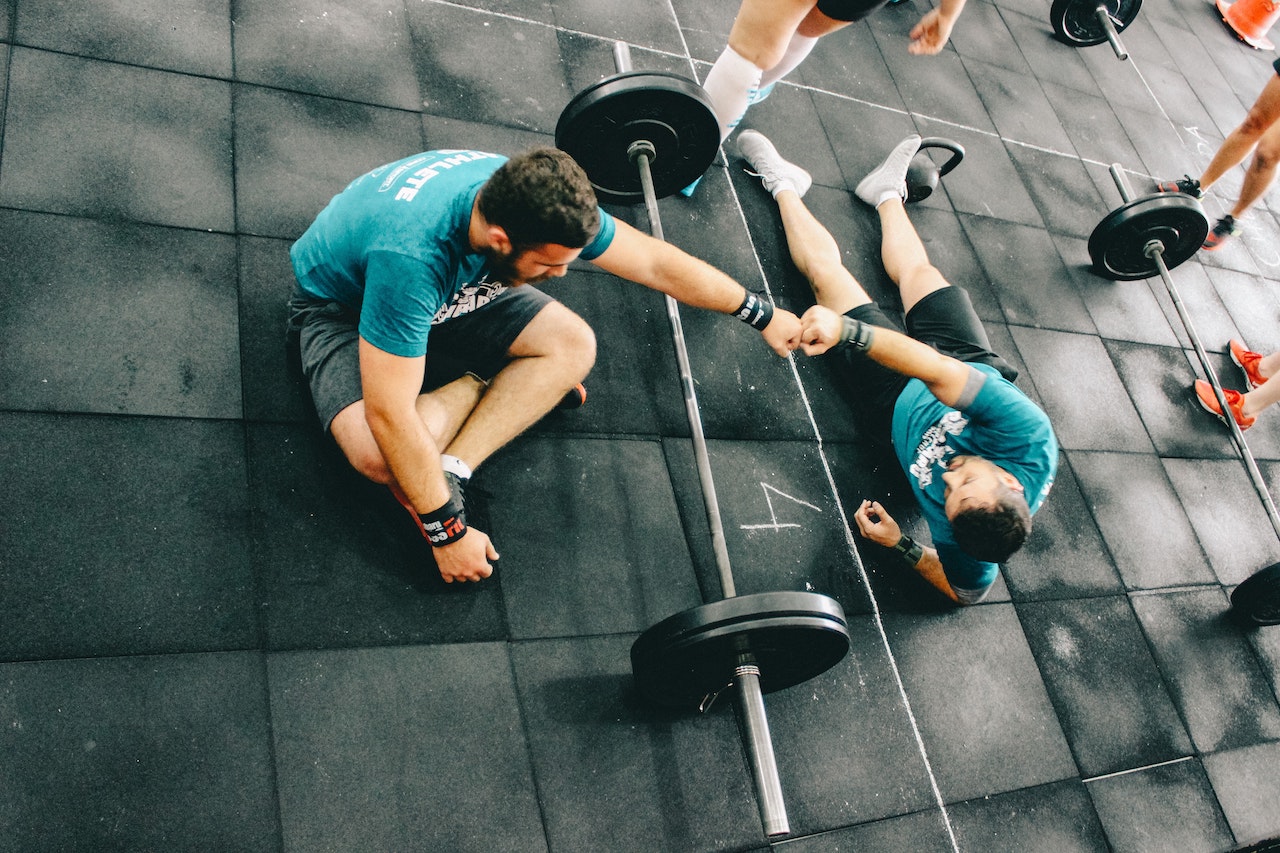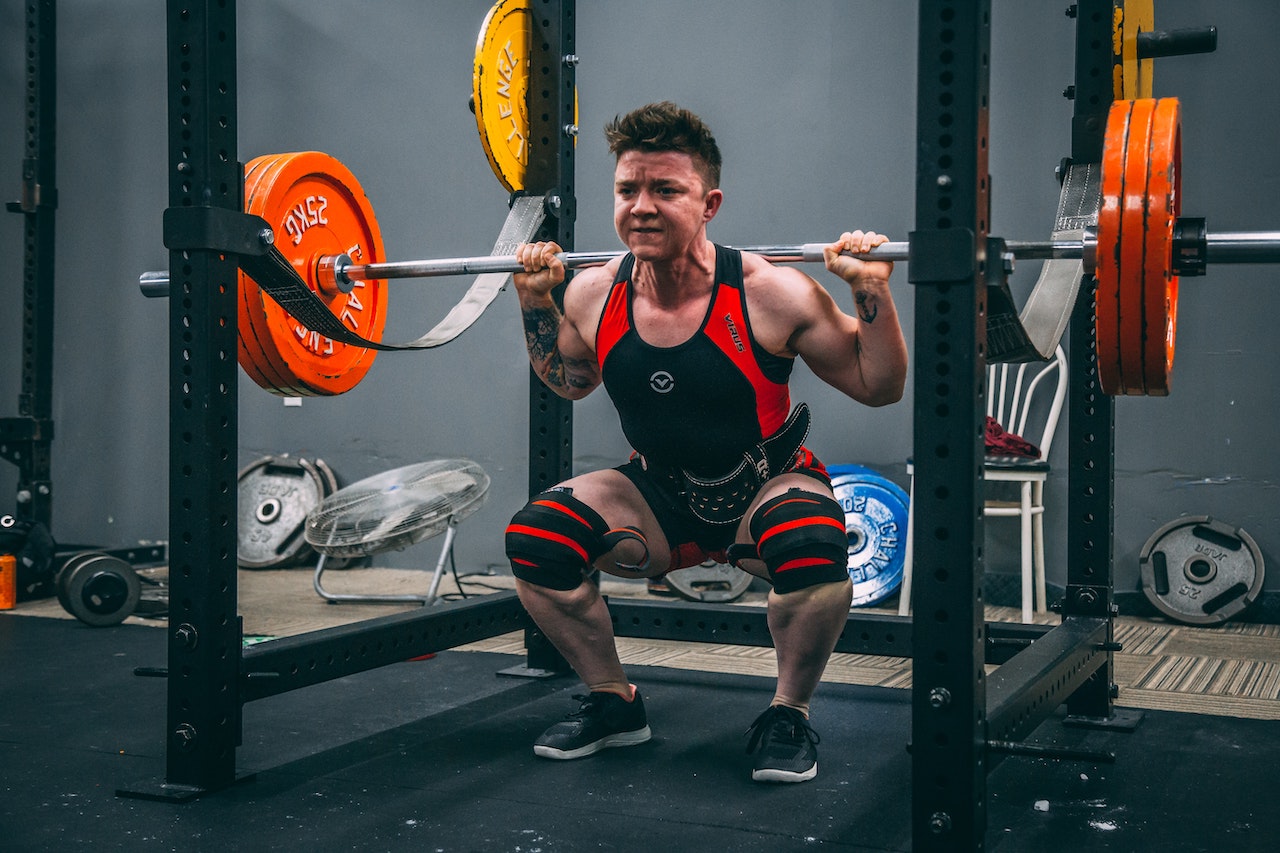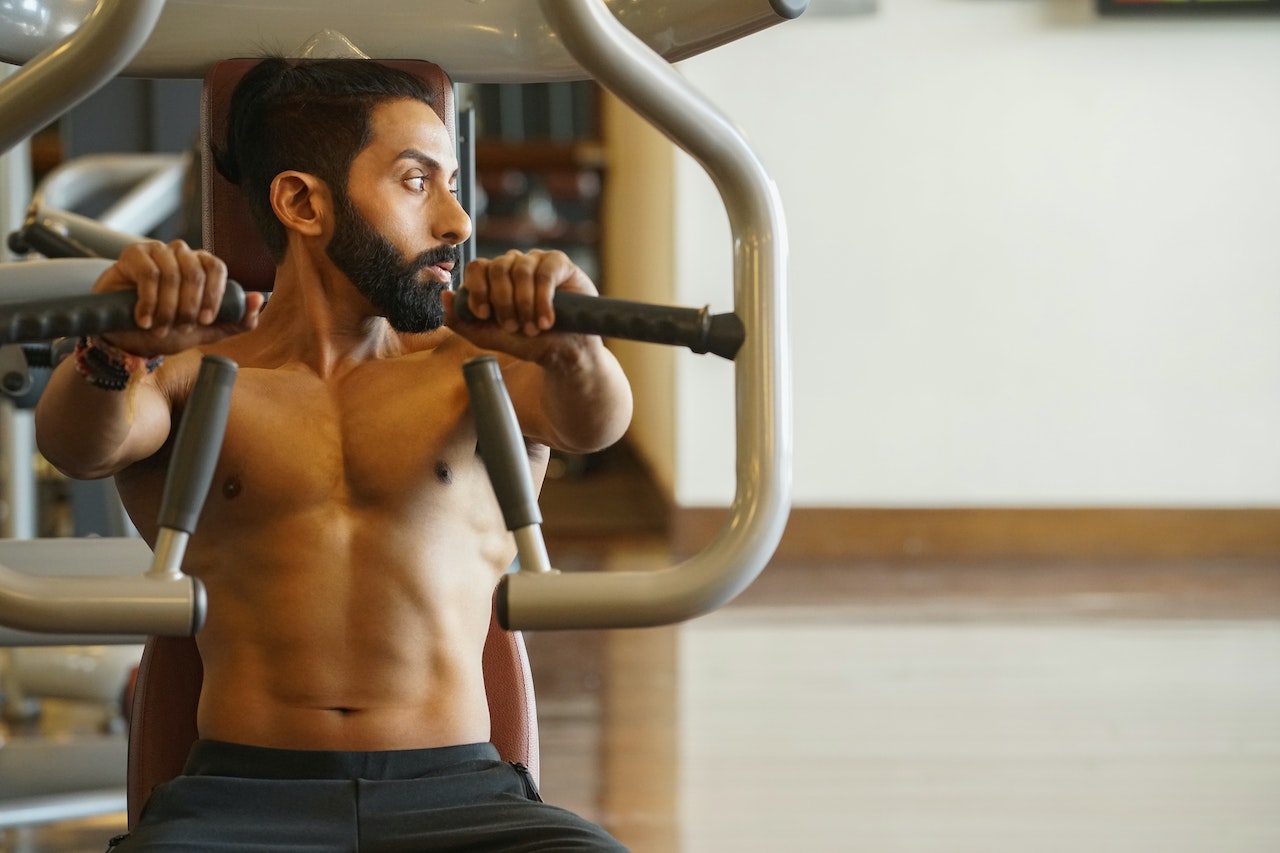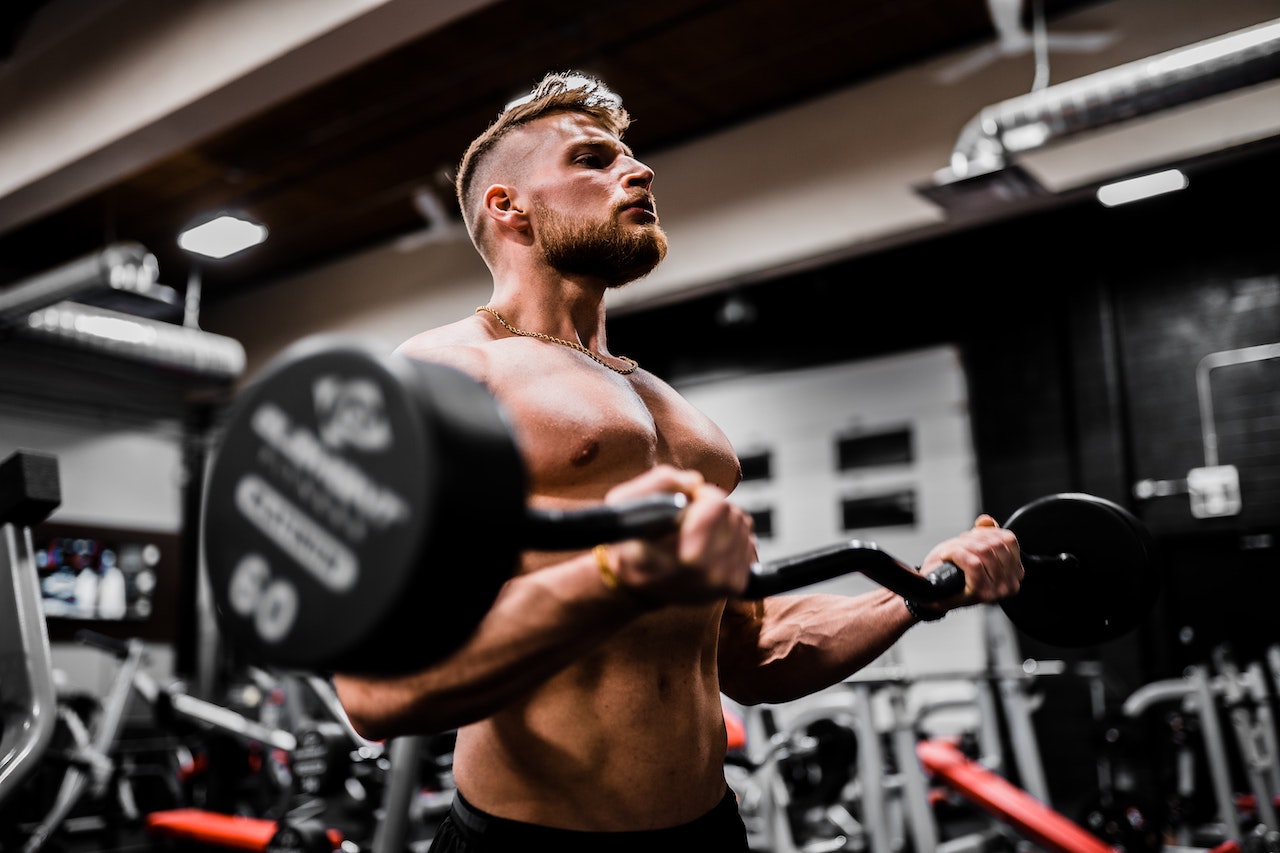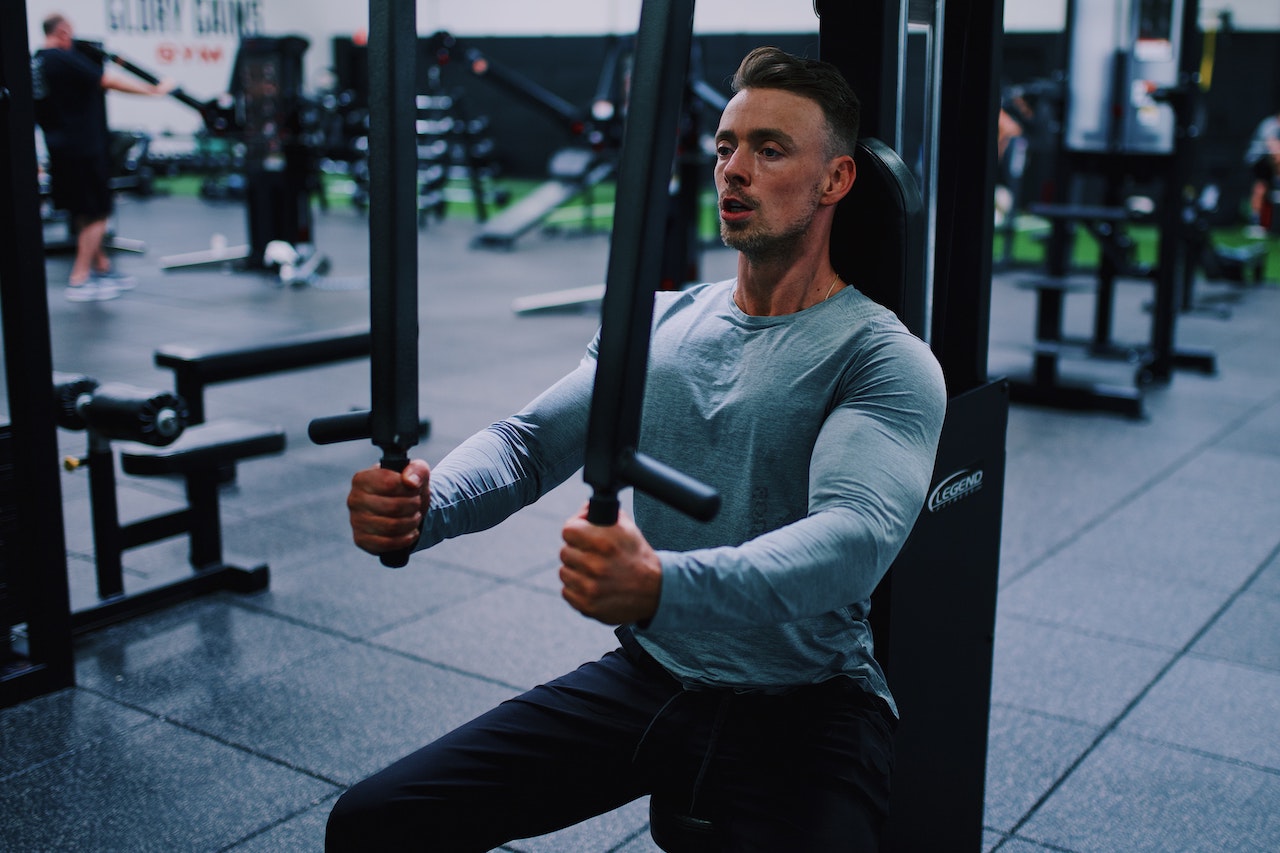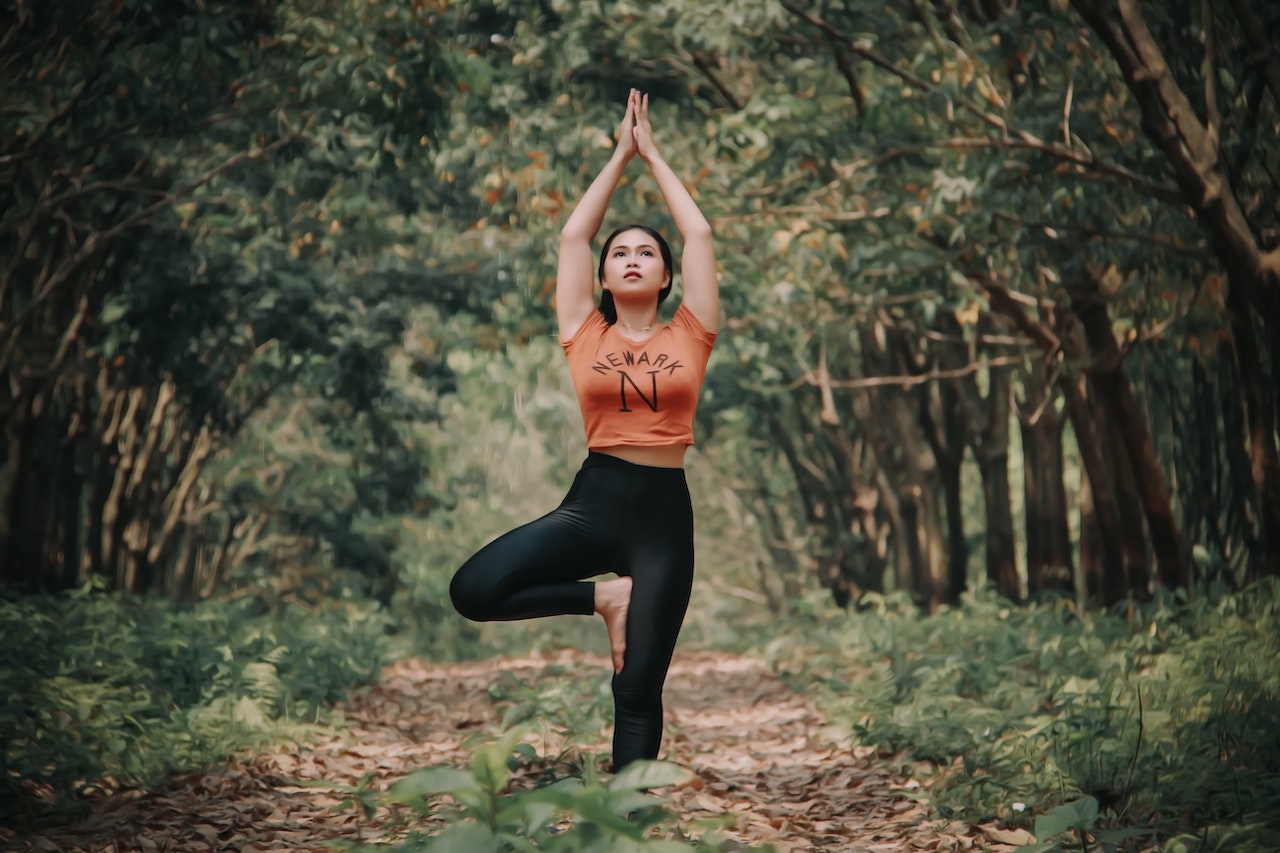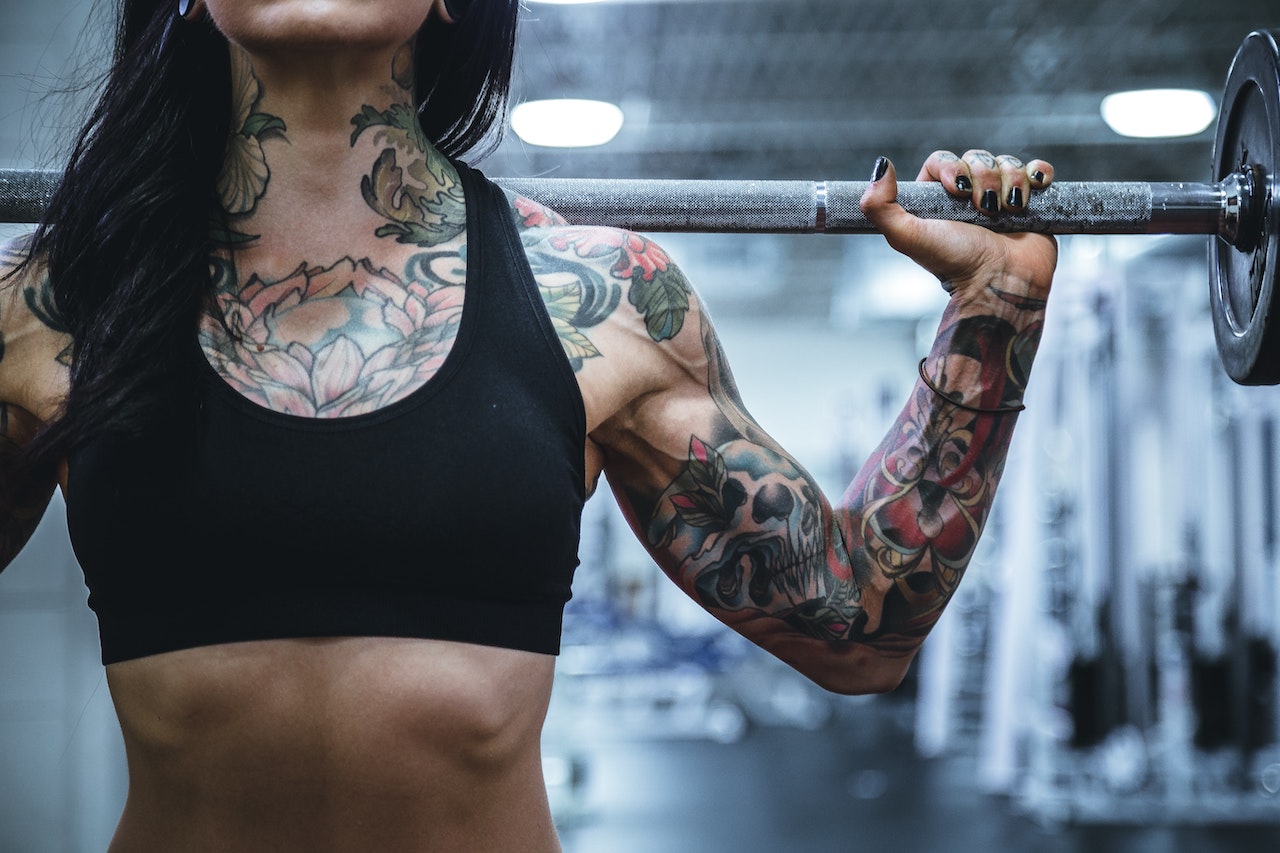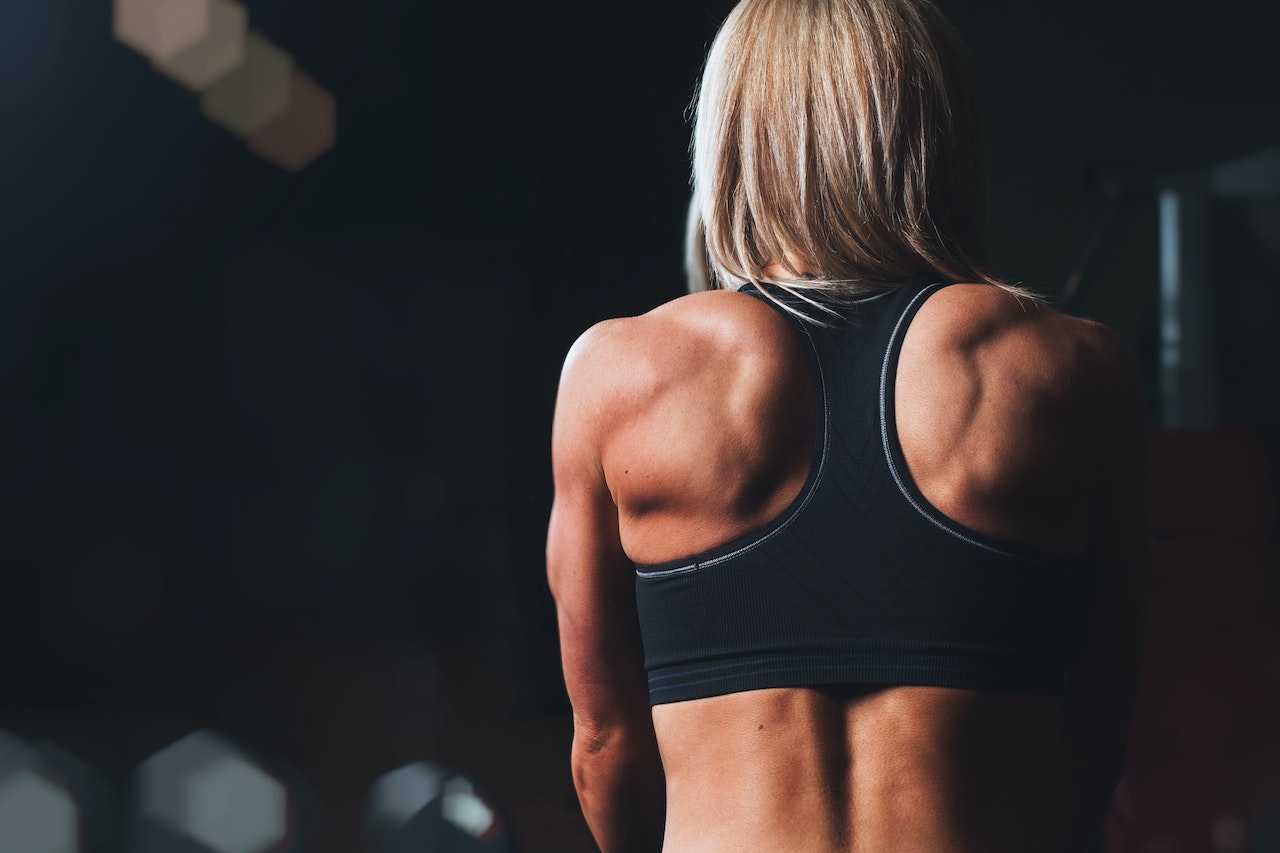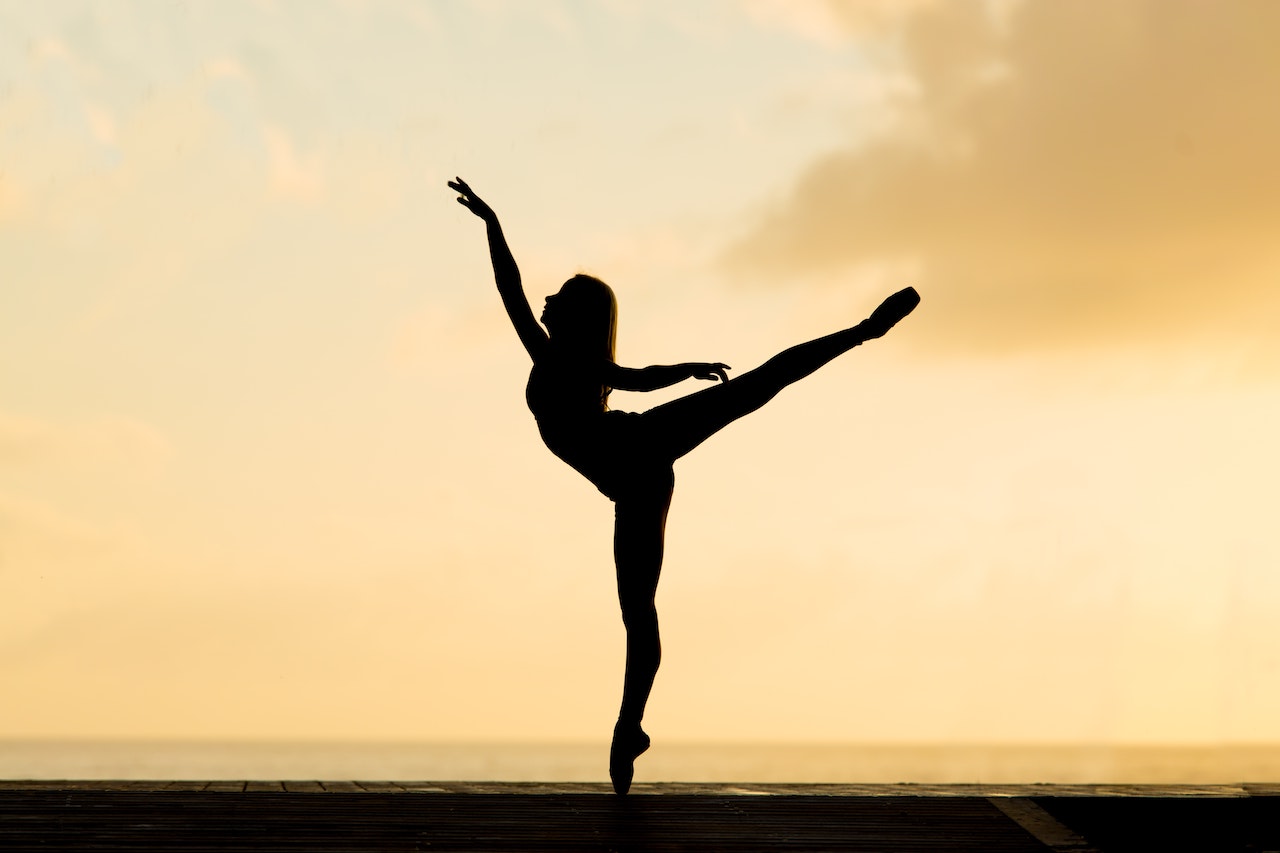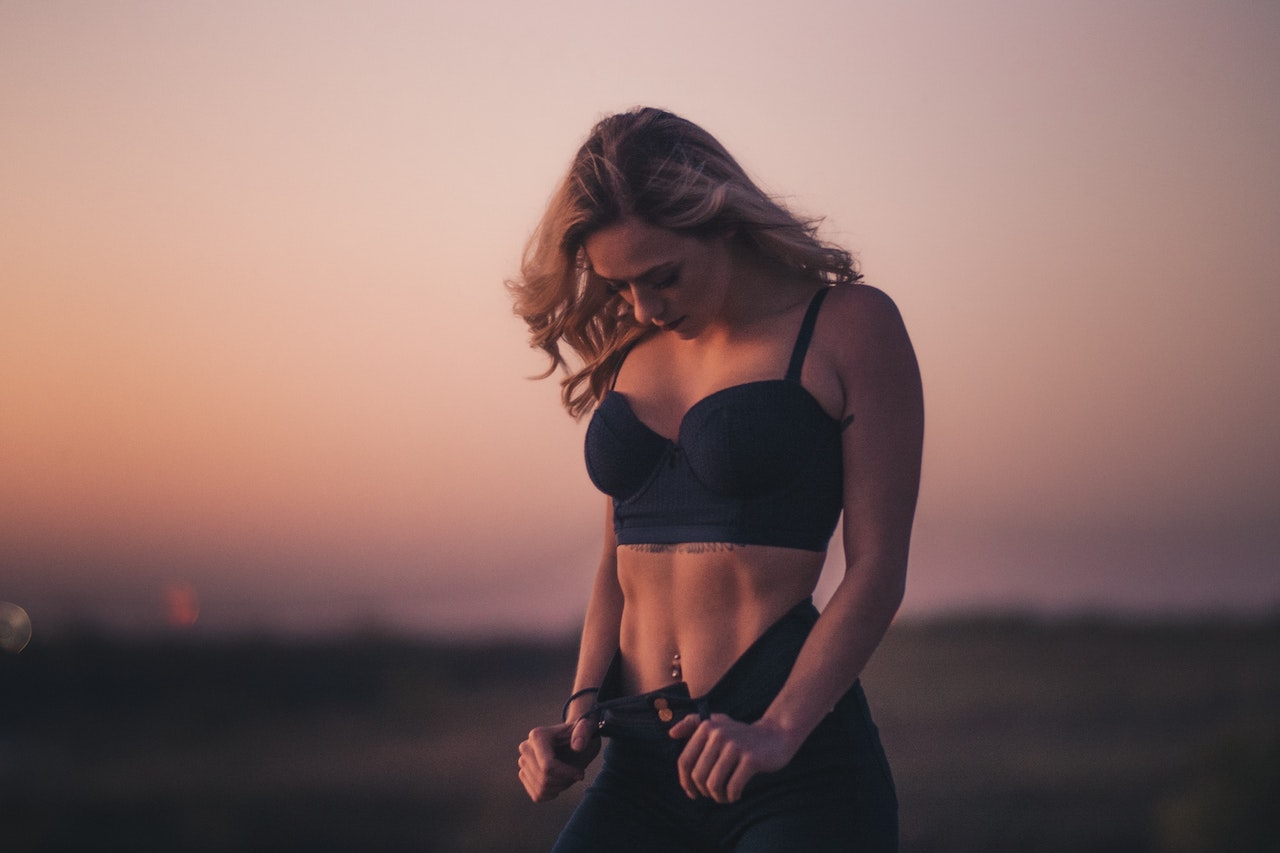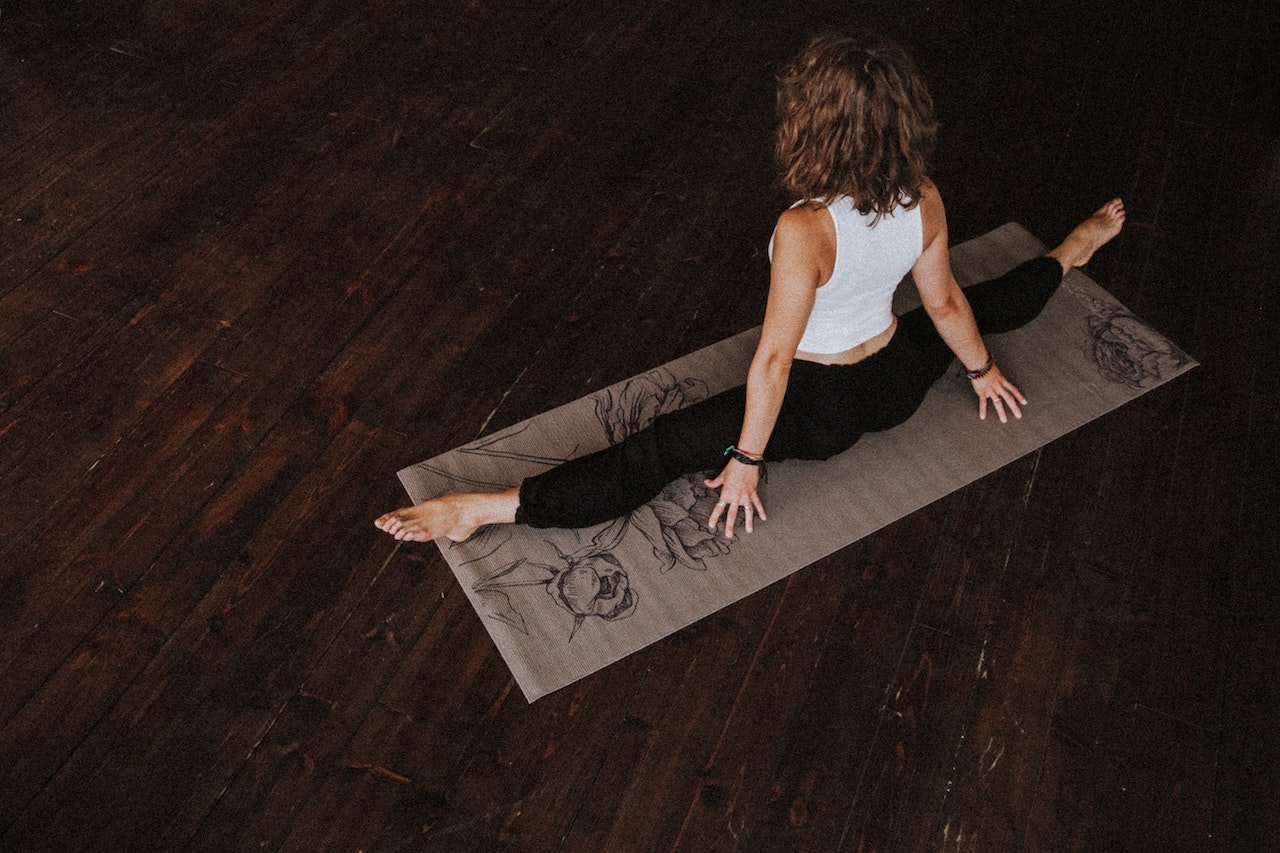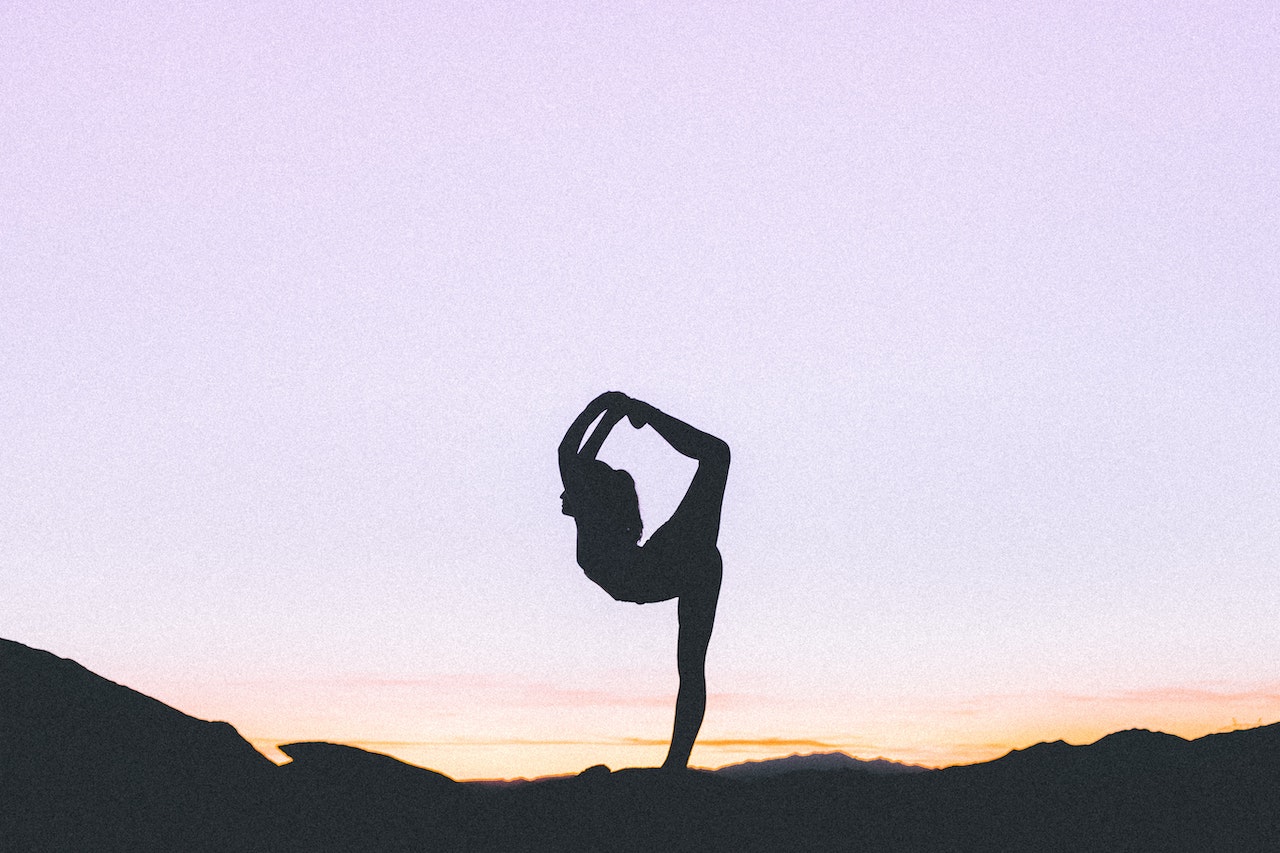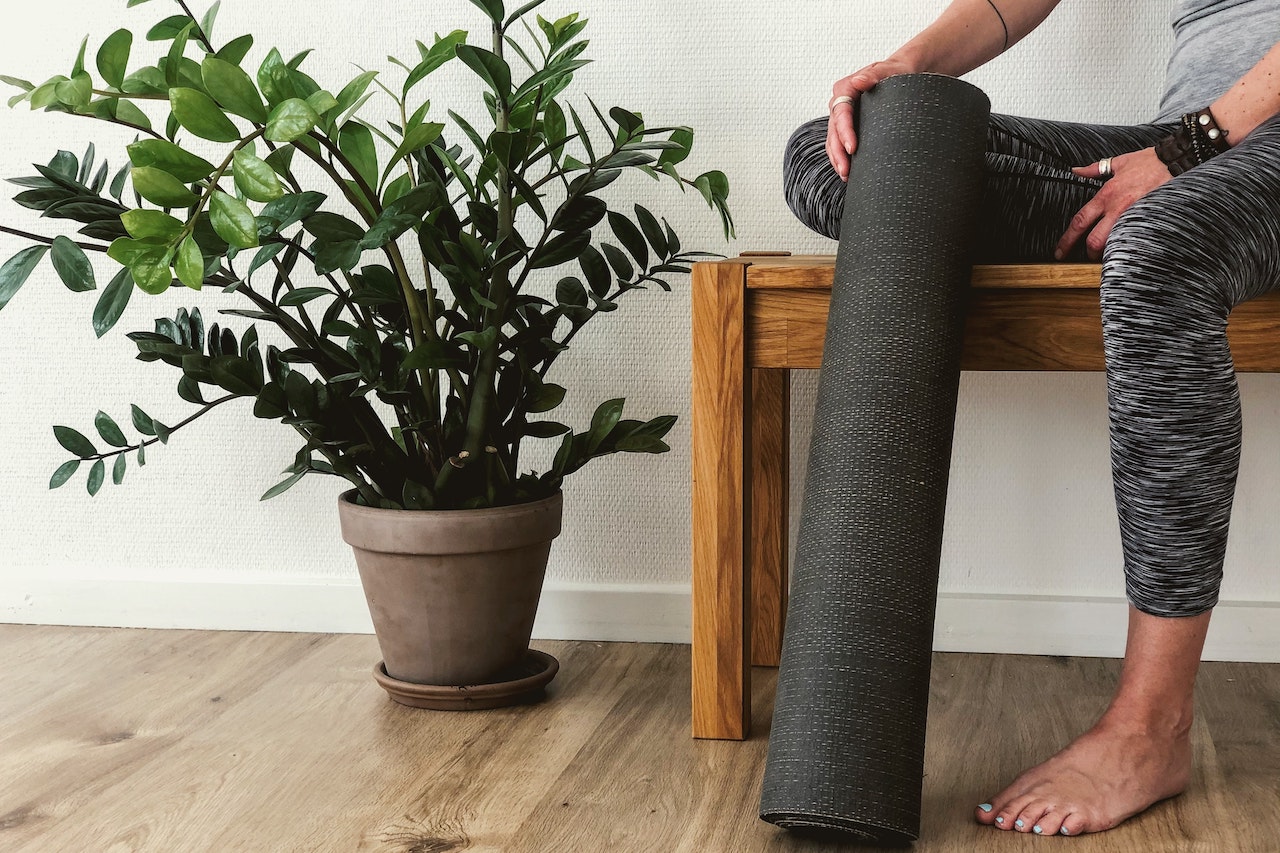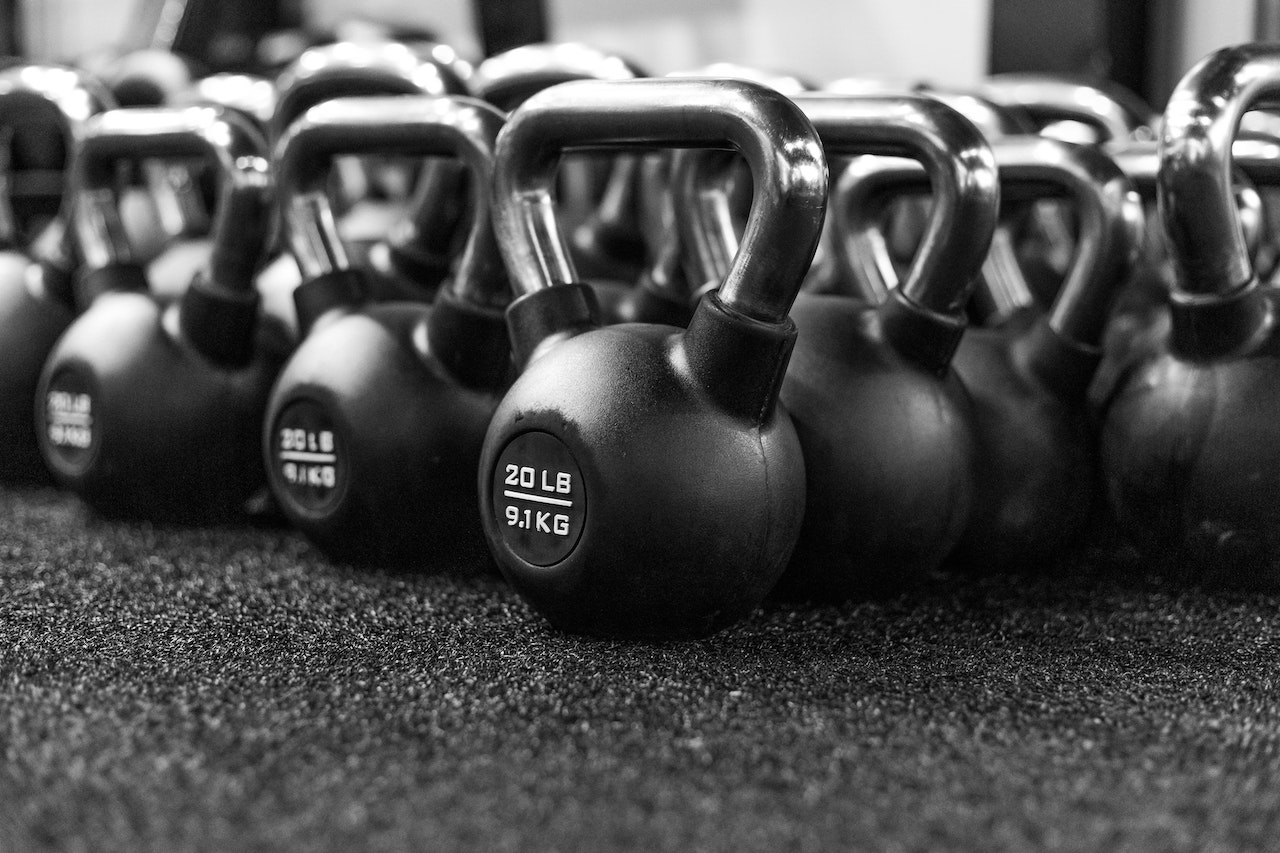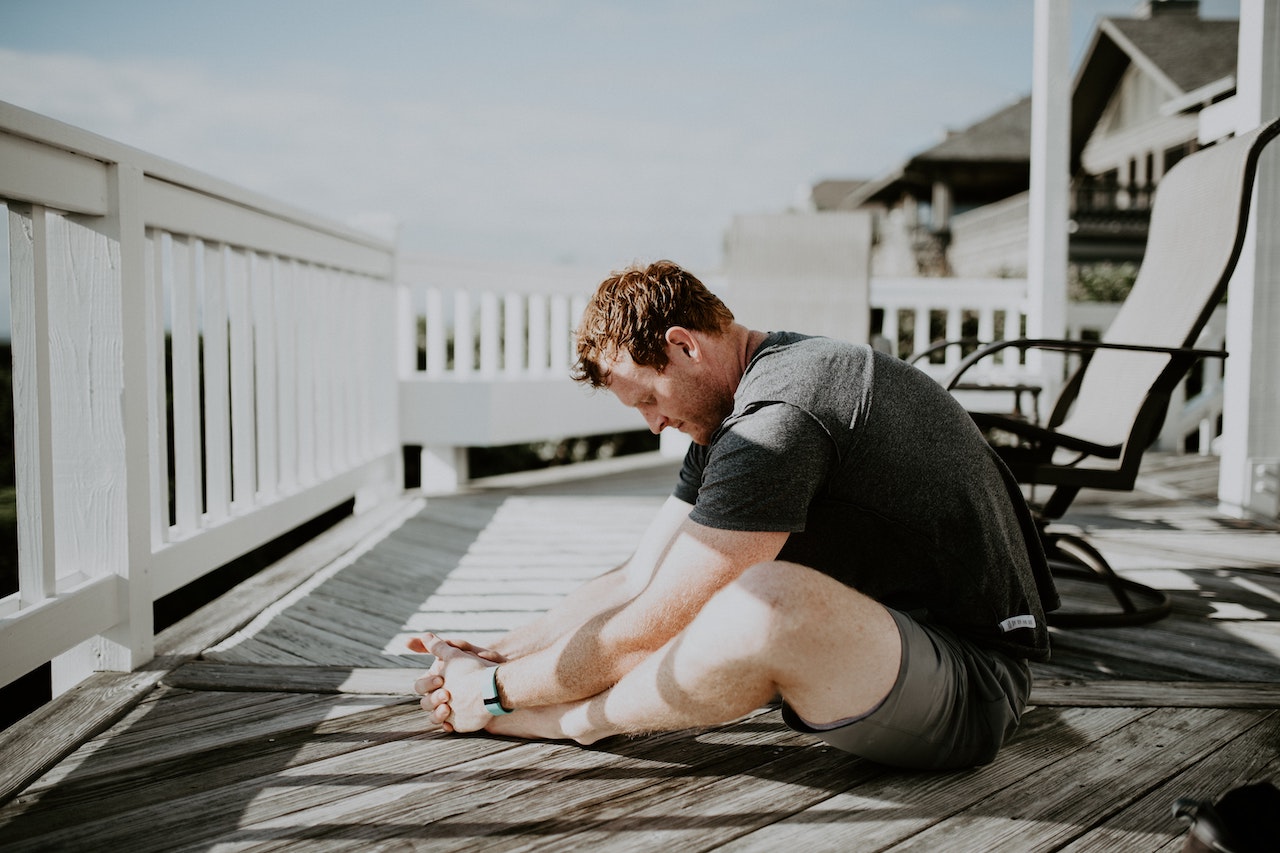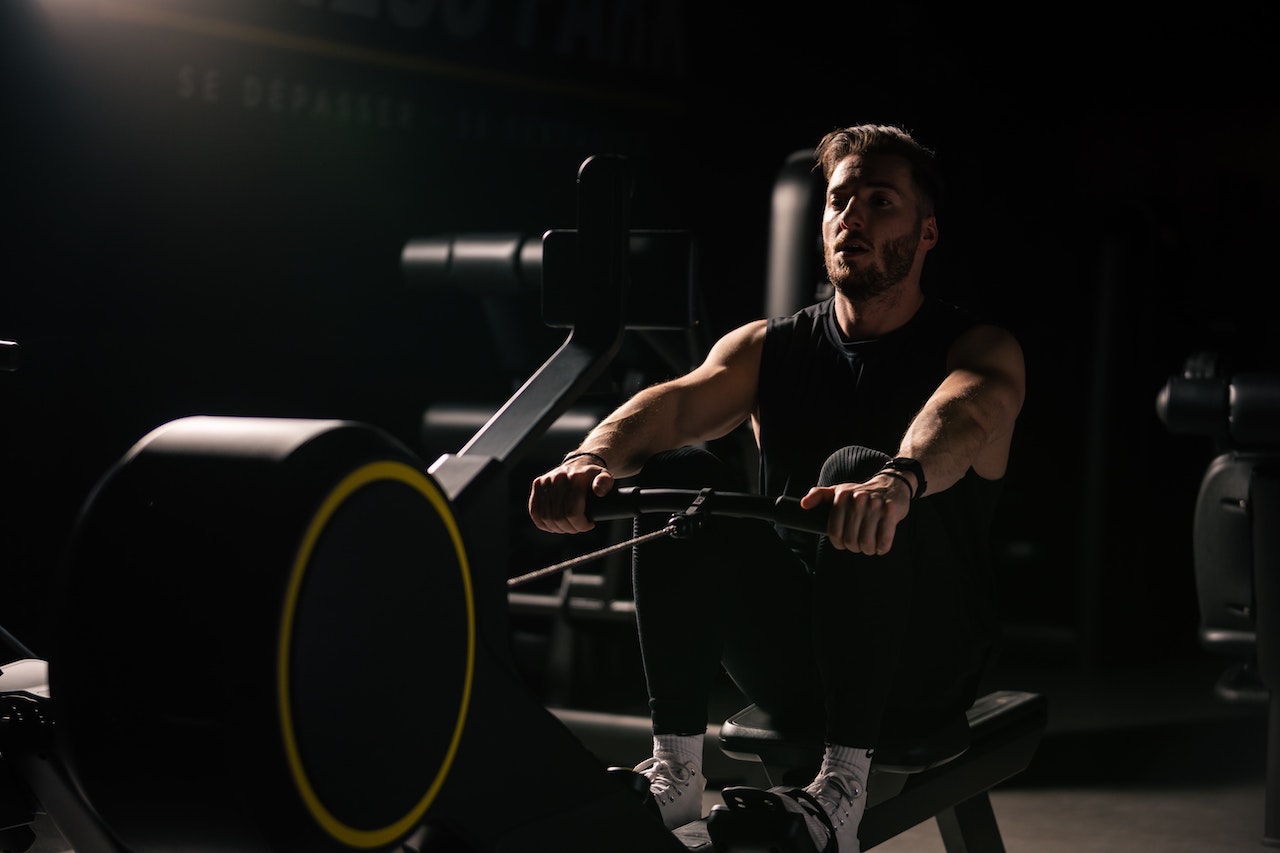on the first day of your gym card, the majority of you will try to start with your chest. But barbells, dumbbells and other equipment simply do not know how to use, then you must not miss the butterfly machine.
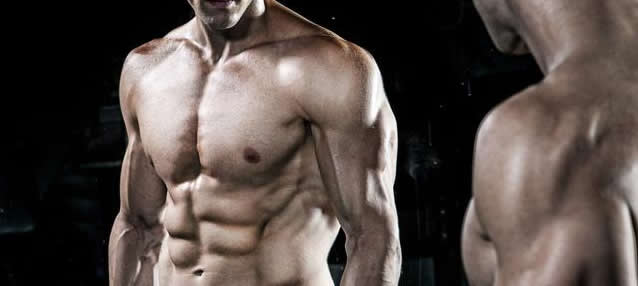
compared to other chest exercises, the isolated butterfly machine makes the "Pinch" Trajectory very obvious! Thanks to the stability of the trajectory, it is easier to sink the shoulders and tighten the shoulder blades in a seated position than in a supine position.
You don't need a lot of weight to find the clenching sensation in your chest and to fill it with blood quickly.
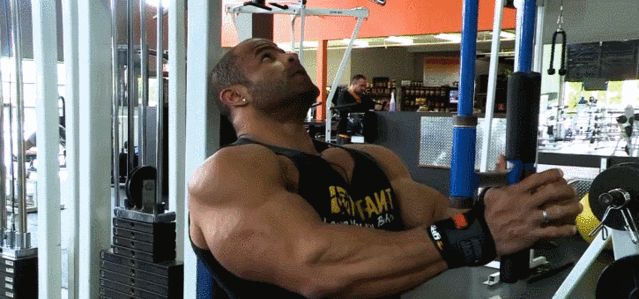
if you have often tried and not found the sensation, the next details you must learn carefully are.
1. The first step is to adjust the equipment. Almost all machines have liftable seat pads. This is the first adjustment you have to make. Move the seat cushion so that when you sit down you can place your feet comfortably on the floor and the back cushion supports your spine. Extend your arms to grasp the handles, your elbows and wrists should be level with your shoulders (not above or below them). The arms should be in a straight line with your chest, not behind your body.
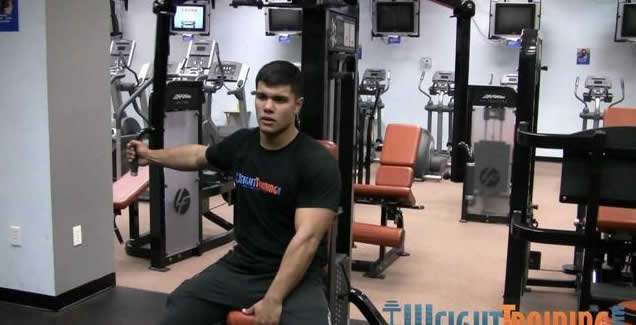
2. If you have shorter or longer arms, you may also need to adjust the arm bars. Please note that not all machines allow for this adjustment. The elbow should be slightly bent when extended.
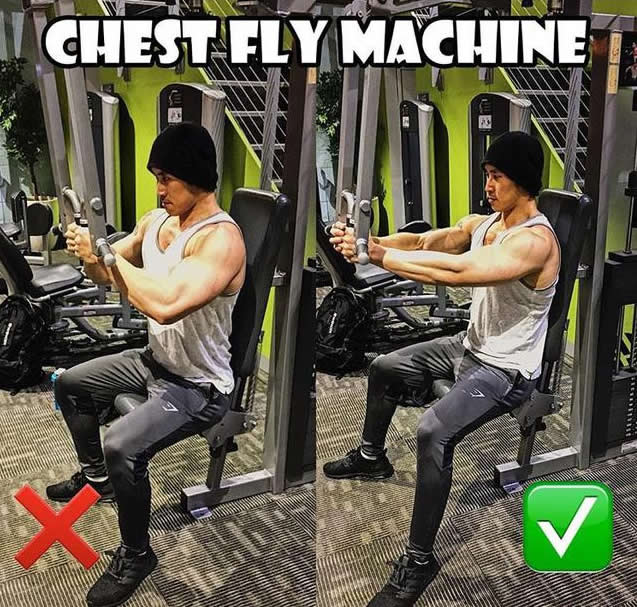
3. Next, you will need to select a weight. When you first start using the machine, start with a weight that feels slightly easier until you are comfortable with the movement. The full movement will usually open and close your arms like a butterfly.
Sit up straight. Relax your neck and shoulders. Feet should be flat on the floor. Grasp the handles so that the palms of your hands are facing forward. Please note that some machines have a foot bar which you need to step on to bring the handle forward. Pull your arms to your chest in slow, controlled movements. Keep your elbows slightly bent and your wrists relaxed. When your arms are fully 'together' in front of your chest, pause for a second. Slowly return your arms to the starting position and open your chest, keeping your posture straight.
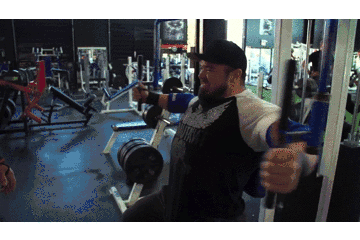
complete two sets of 7 to 10 reps to start. Take a short rest between sets. As your fitness level increases, add one to five reps to each set. You can also do another set. If you complete all the movements without fatigue, increase the weight.
3 common mistakes
1. Forced breathing
when you perform the machine flyes, it is best to relax your breathing. It is very effective to train by breathing deeply and holding while your chest muscles and arms are together. However this forced breathing method (known as the valsalva manoeuvre) has been shown to increase heart rate and blood pressure and should be avoided.
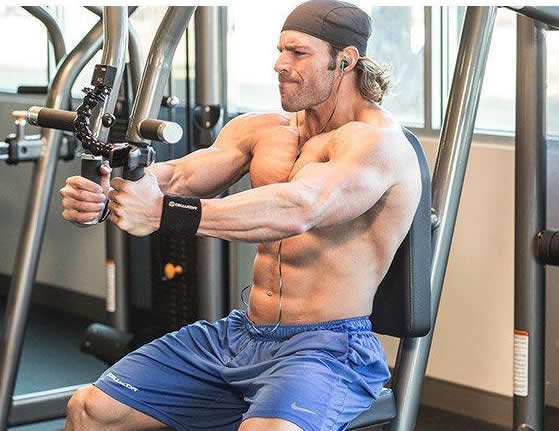
2. Using the legs to generate force
this can also happen while the feet are pressed hard on the floor to stabilise the body and allow for more power in the upper body movements. But remember that the aim of this movement is to work the chest muscles, not the legs. If you find yourself using your legs to gain strength, this is the time to instead reduce the amount of weight you use to clip your chest.
3. Arching the back
some exercisers arch their backs during this exercise. This can lead to lower back injuries. Maintain good posture at the beginning and end of this movement by sitting up straight and keeping your back in contact with the mat behind you.
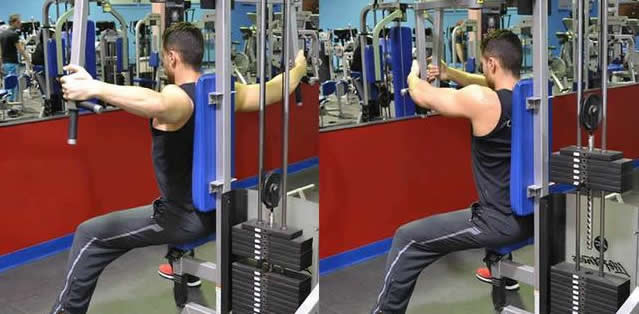
variations - do you need to modify?
Most machines require almost fully extended arms to grasp the handles. When you bring your arms together for this movement it should feel like you are hugging a beach ball.
However, there are other models of machines that have elbow pads rather than using the handles. On these machines, your arms are held at a 90 degree angle or l-shape at the elbow as you open and close them. Such machines may be useful for people with hand or wrist injuries.
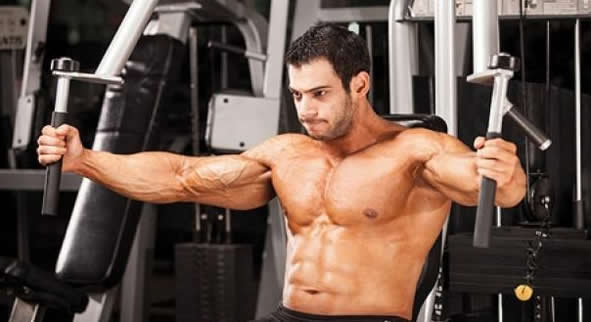
ready for a challenge?
If you want to work your abdominals, try clamping only one side of your chest at a time. This means that only one arm is working and the other arm is resting.
In order to maintain good posture, your abdominal muscles, especially the oblique abdominal muscles on the side of your body, have to be extra forceful to maintain stability.
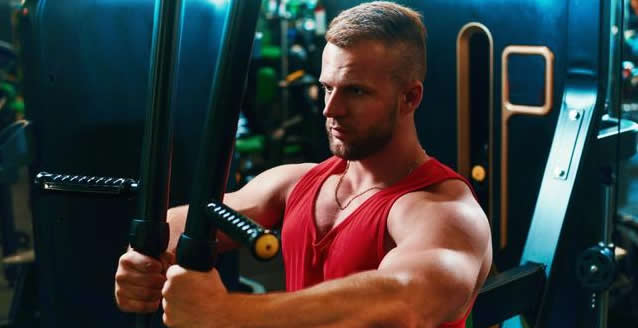
safety and precautions
the best way to stay safe is to familiarise yourself with the equipment before using it. As there are different machines and manufacturers, you may need to make several adjustments so as to maintain a good movement position.
Before adding weight, adjust the seat and do this several times with no weight at all. Go through the movements to make sure your body is not feeling discomfort.
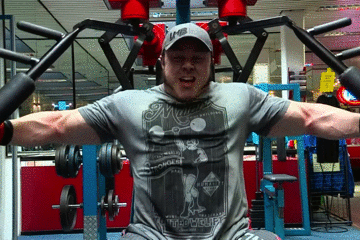
if the grip feels behind your body, look for the foot pusher. The arms should be slightly in front of your chest as you begin the movement. If they feel like they are behind your chest, look for foot thrusters or other adjustments to the machine that bring the arms forward.
You should feel the chest firing (biceps and shoulders to a lesser degree), but there should be no sharp pain in your shoulders or wrists. If there is, stop the movement immediately and seek help.

